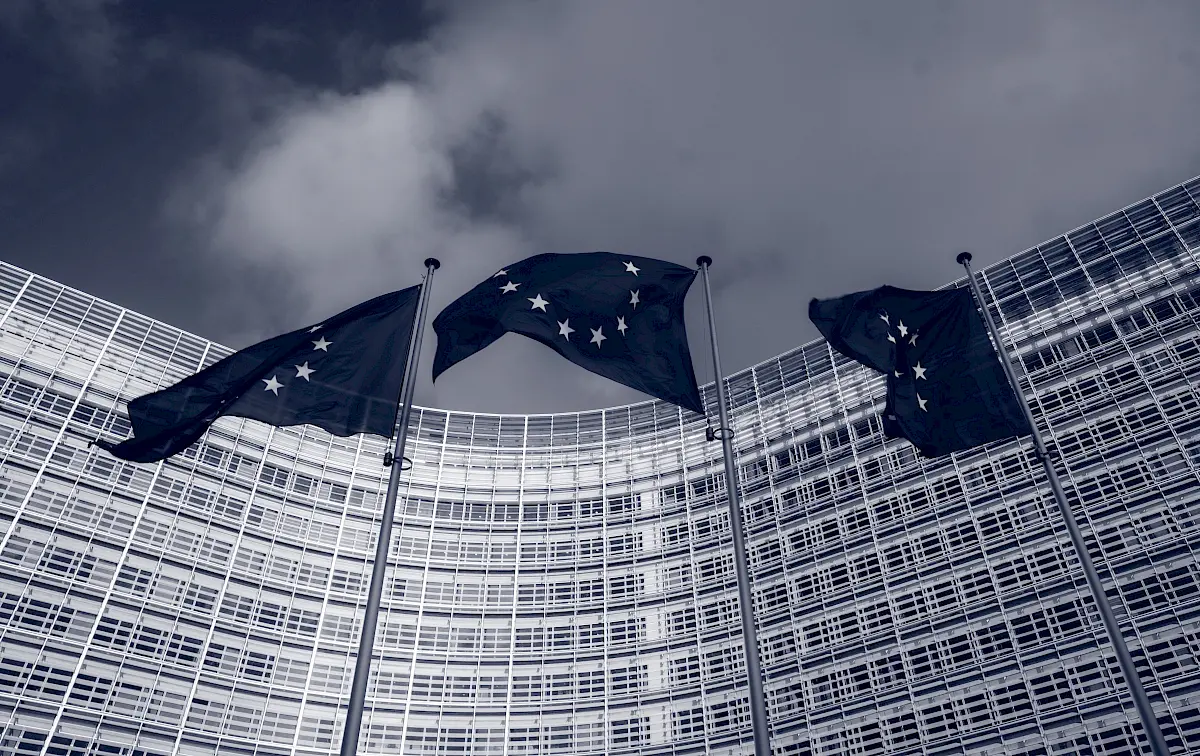The IEP Public Debate on the topic of “The election of destiny and its aftermath — one year after the European Election” with Dr. Katarina Barley, the SPD’s national top candidate in the 2019 European Election and today Vice-President of the European Parliament, as well as Prof. Dr. Michael Kaeding, Jean Monnet Professor “ad personam” at the University of Duisburg-Essen and editor of the anthology “Die Europawahl 2019. Ringen um die Zukunft Europas” took place on 26 May 2020. Due to the Corona pandemic, it was held in digital form for the first time. The event was moderated by Dr. Katrin Böttger, Director of the Institut für Europäische Politik (IEP). Georg Pfeifer, Head of the European Parliament’s Liaison Office (EPLO) in Germany, welcomed the participants and recapitulated last year’s European elections. Pfeifer determined an increased voter turnout in many European countries, the fear of a shift to the right has not materialized. The failed Spitzenkandidatenverfahren, difficult coalition formation and the coronavirus were the biggest challenges for the European Parliament since May 2019.
Katarina Barley looked at the time since the election from a personal perspective: she saw the decision to move from national politics to the European Parliament as an opportunity to tackle innovation and development in a European way. The failure of the Spitzenkandidatenverfahren was not to be regarded as a failure of the European Parliament, as it had always insisted on compliance with this instrument. Rather, there is a general shift of power towards the member states, as they have an interest in influencing the development of the European Union to implement their own national interests. The reflex to fall back into national action in times of crisis was also symptomatic of the behavior of the EU-27. For example, it is paradoxical that, following the outbreak of the pandemic, the lack of European solutions has been deplored, even though the relevant competences for important policy areas such as health, border controls or internal security are settled by the member states.
Michael Kaeding analysed a number of changes that have resulted from the European elections. For example, the majority loss of the grand coalition of the European People’s Party (EPP) and Social Democrats (S&D) has strengthened smaller groups. New is not only the fact that a centre-left alliance of social democrats, liberals, Greens and European Left is now once again reaching a majority in parliament, but also that the far-right fraction is much more united than in the past. In general, however, the voting behavior of the political parties had become less coherent, with differences in national interests within fractions. In addition, Kaeding pointed out the unusually high proportion of new members of parliament who were at the same time supported by experienced assistants, which results in an interesting symbiosis regarding Parliament’s ability to work: a new dynamic, but continuity in parliamentary procedures.
In the discussion, tendencies regarding the growing influence of the member states were debated: the development of the Spitzenkandidatenverfahren, but also the fragility of the Schengen Agreement could be understood as a renationalization process of the EU-27. It was argued, that the nation-state discourse needs to be countered by strong, European institutions, with the Conference on the Future of Europe giving hope. High expectations are also being placed on the German EU Council Presidency from July 2020. In addition to the Multiannual Financial Framework, the rule of law, sustainability and digitalisation needed to be promoted decisively and were thus at the top of the agenda.
Whether the 2019 European Election was an ‚election of destiny‘ remained open at the end of the discussion. Even in a short survey among the guests, the distribution of answers between “Yes” and “No” were almost balanced.
IEP would like to thank Katarina Barley and Michael Kaeding for the discussion on a wide range of European-related topics, as well as Georg Pfeifer for his welcoming speech.
Team & authors
 Share publication
Share publication









